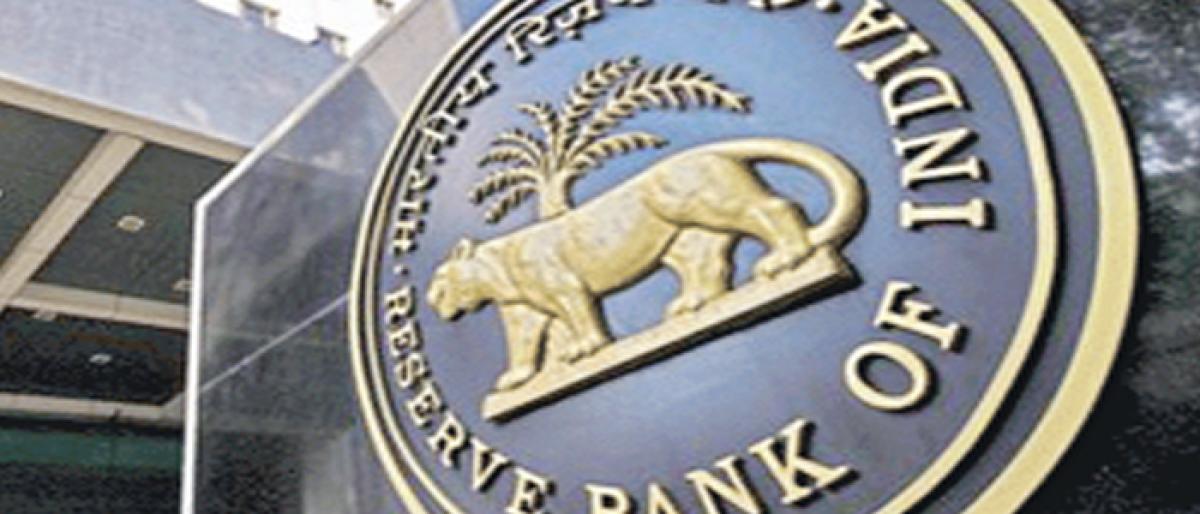PSC slams RBI for not taking pre-emptive action against bad loans

A Parliamentary Standing Committee PSC has questioned RBI for failing to take preemptive action in checking bad loans in the banking system prior to the Asset Quality Review undertaken in December 2015
New Delhi: A Parliamentary Standing Committee(PSC) has questioned RBI for failing to take pre-emptive action in checking bad loans in the banking system prior to the Asset Quality Review undertaken in December 2015.
According to sources familiar with the report of the Standing Committee on Finance, RBI needs to find out as to why the early signals of stressed accounts were not captured before the AQR. The report was adopted by the Committee headed by senior Congress leader M Veerappa Moily on Monday and is likely to be placed in the Parliament in the Winter Session.
The panel, which includes former prime minister Manmohan Singh as a member, wanted to know the reasons of ever-greening of stressed accounts through restructuring schemes of the Reserve Bank of India.
The issue of rising non-performing assets (NPAs) or bad loans is a legacy issue and role of RBI has not been up to the mark, sources said. NPAs in public sector banks (PSBs) increased by about Rs 6.2 lakh crore between March 2015 and March 2018. This led to substantial provisioning of Rs 5.1 lakh crore, sources said quoting the report.
The report has also flagged the issue of low credit to GDP ratio in India which was 54.5 per cent as on December 2017 as compared to 208.7 per cent for China, 170.5 per cent for the UK and 152.2 per cent for the USA. "RBI should examine the asset to capital leverage ratio in other countries vis-à-vis India and, keeping in view India's relatively low credit-to-GDP ratio, identify ways to improve capital base of banks without constraining growth of, and equitable access to MSME, Agriculture and Retail segments, credit in India for meeting the needs of a growing economy," the report has observed, according to the sources.
They said it has also noted that the various measures have led to transformative change in creditor-debtor relationship and clean, responsible banking.














